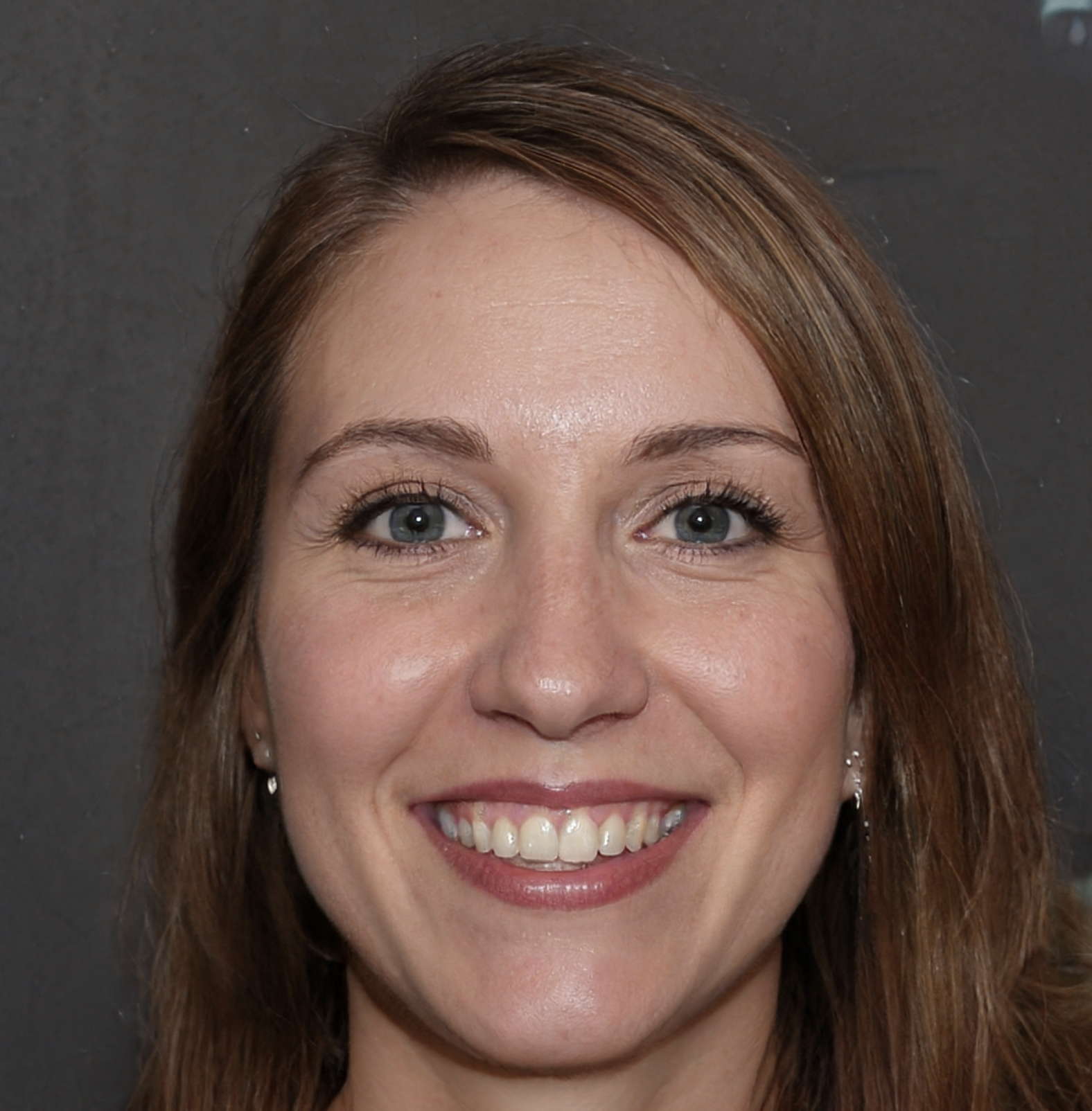The lawyer who ended up as an engineer at Google and other cases of people who made a complete professional turnaround in their lives by betting on technology.
You are born, you grow up, you study, you work, you specialize in a field, and then you retire? Not always. In fact, there are people who, after many years of professional career, are able to make a complete turnaround in their lives and dedicate themselves to something completely different and alien to what they have been doing.
From lawyer to engineer
Zubin Pratap is a software engineer at Google, but for 12 years he was a lawyer. This professional, who finished his degree a year before Google went public, admits that, for him, programming was almost magic (“typing text and making machines follow your commands is something with unlimited power”), but that he didn’t see himself as smart and mathematical as those who programmed.
“Without realizing it, I reinforced that myth for myself: I tried to learn to code three times. In 2014, in 2015 and in 2017. And all three times I quit because I tried to jump too high, set myself up for failure, and then assumed I wasn’t smart enough (when in reality, I had tried to run before I learned to walk),” he reflects.
Eventually, he found a mentor who helped him learn to program and left a “successful legal” career to “go back to being a beginner.”
In his opinion, instead of fixating on how difficult the goal is, we should focus on the learning process and always keep learning new tools, techniques, practices, languages, frameworks, etc.
He also explains his struggle with Impostor Syndrome, which he believes everyone suffers from at one time or another. And, for that reason, he thinks it’s good to joke with other colleagues about it.
Knock on wood and code
The case of Diana Aceves is that of a chemist who ended up moving to her native Valladolid to work in the lumber company that her father had founded and who, after becoming its general manager, ended up studying programming and now works remotely.
Aceves told us that after graduating she was hired by a consulting firm that trained her in Java development and programming for three years. This had nothing to do with her training, but she liked it and was good at it. A bad experience with human resources took her back to her native Valladolid where, although she had always denied that option, she ended up working and leading the family business, dedicated to the sale of wood.
That company was eventually sold and she decided to recover the passion of her youth: programming. After training in a school and self-taught, she continues to program remotely from her native Valladolid.
And, like Zubin Patrap, Diana Aceves believes that you don’t have to know mathematics or “be a brainiac”, but you do have to like to be constantly learning and studying. “All your life, every month, you have to recycle yourself.”
From MBA to data
Some professionals decide to return to the same university where they did their first studies, but to radically change their profession.
More than 20 years after graduating in Law and completing an MBA, after working in marketing for Air Nostrum and Air Europa, Vicente Castell enrolled in the Data Science Degree at the University of Valencia.
Castell says that he did it because of the “renew yourself or die”. “I realized that, because of my experience, I could do many things for my clients, but that all the people specialized in data analysis who were going to join the labor market would make what I offer a commodity,” he explained to ToastyBits.
Although he says he doesn’t have the same availability (due to family and work commitments) or the same agility as younger students, he believes that studying at 50 offers tools that elude most students in their twenties. Having dealt with countless dossiers and projects since the 1990s, for example, he feels more able to synthesize and prioritize. “You know how to get to the point and structures much better. When I used to study everything was a world away from me. In a way you understand better now.
Coursera changed my life
Inés Huerta opted for a bachelor’s degree in literature, but it didn’t take her long to realize that mathematics could be fun. However, when she decided that she didn’t want to program, without being a telecommunications engineer, she realized that not everything was going to be easy and that, although she had always been a good student, she was starting to fail exams.
This professional decided to train on her own, often with courses on the Coursera platform, and that is how she ended up becoming a Data Scientist.
Although they require extra effort, she decided to opt for MOOCS rather than face-to-face courses because of the flexibility. At the time she worked in the north of Madrid but lived in the south, so going to university was unfeasible for her.
Huertas advises learning to program in a language such as Python and starting with “small things so that you feel comfortable and have enough programming culture. When you have this solved, I can dedicate you to the mathematical part and the algorithms. If you tackle both at the same time, it can be quite frustrating.
